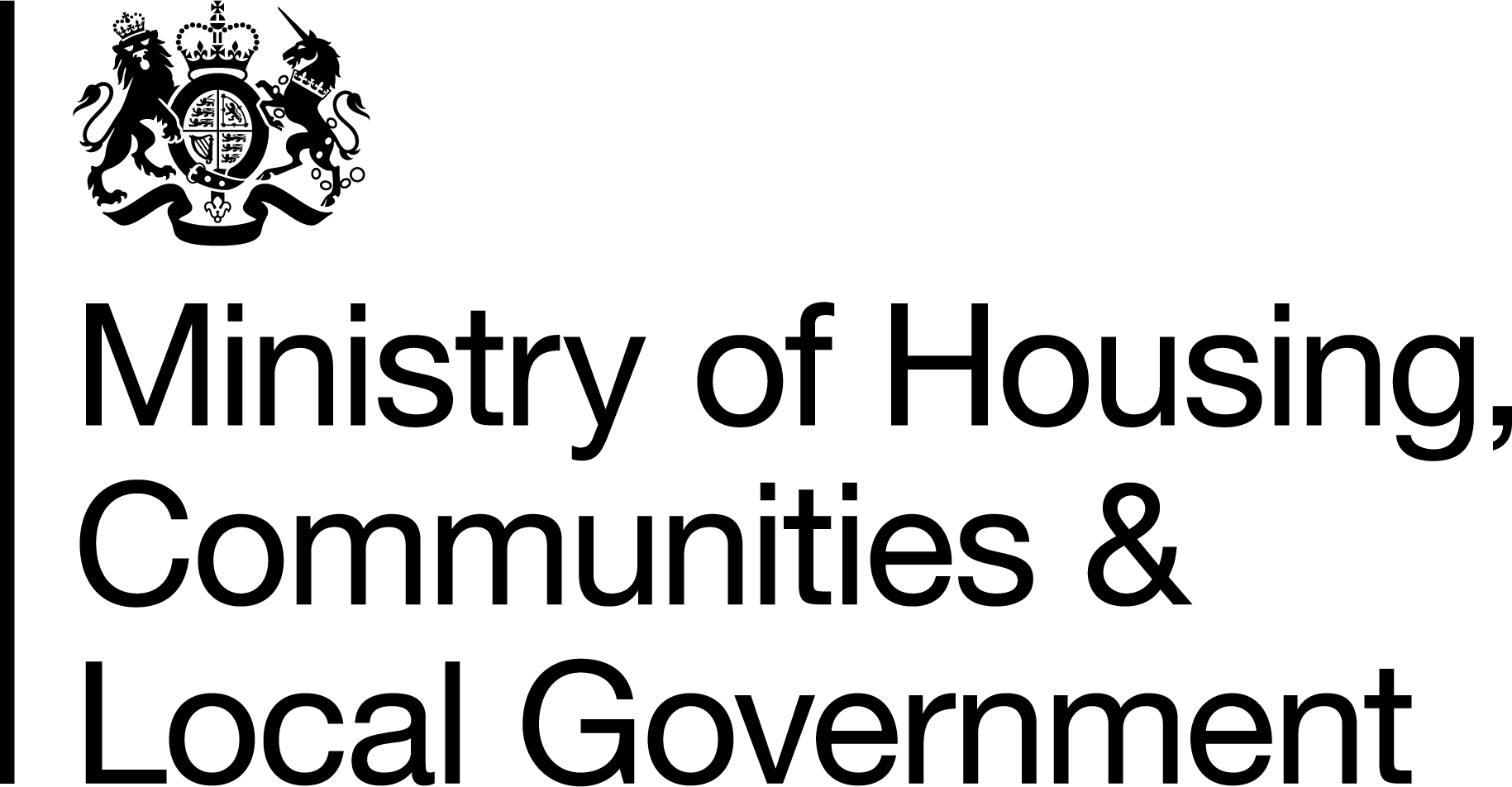Consultation on changes to statutory guidance and regulations: Minimum Revenue Provision
Overview
Since 2004, local authorities in England borrow and invest under the Prudential Framework (“the Framework”). It provides wide freedoms for authorities to borrow and invest without seeking the government’s consent, allowing authorities to determine their own capital strategies and deliver the investment that is needed locally, provided that the plans are prudent and affordable. These powers are set out in the Local Government Act 2003 (“the 2003 Act”), the Local Authority (Capital Finance and Accounting) Regulations 2003 (“the Regulations”) and supported through four statutory codes and guidance issued by CIPFA and the government. The objectives of the Framework are to drive sound investment and borrowing decisions in a way that is compliant with a local authority’s statutory duties, reduces risk, and represents best value.
The duty to make Minimum Revenue Provision (MRP) is an important component of the Framework. Where local authorities finance capital expenditure from debt, they must set aside an amount of money each year to ensure their debt liabilities can be repaid. In practice, the application is more complex, but when it operates effectively it should ensure that local authorities do not borrow more than they can afford. This is because MRP is a cost that must be met from an authority’s budget which must be balanced each year. Therefore, in deciding whether any revised debt is affordable, an authority must consider whether it can afford the cost of the associated MRP from its budget. The amount of MRP should be calculated using the authority’s total level of capital indebtedness, known as the capital financing requirement (CFR). This is the total amount of capital expenditure for which the authority needs to borrow or finance through credit arrangements: it represents the authority's underlying need to borrow for a capital purpose.
In recent years, the government is aware that some local authorities employ practices which result in the underpayment of MRP. The two main issues that have been identified are: excluding a proportion of debt from the MRP determination, whereby some authorities are intentionally excluding debt associated with certain kinds of assets, typically investment assets; and, some local authorities use capital receipts in place of making the charge to the revenue account. Although local authorities can apply capital receipts to reduce debt, some local authorities interpreted the Regulations to mean that capital receipts may replace some or all of the prudent MRP charge by using the capital receipt to reduce debt, then reducing the MRP charge by an equivalent amount. The effect is the same as treating a capital receipt as revenue and using it to fund the MRP charge. In some cases, such an approach has led to local authorities making only a nominal MRP charge to their revenue account. The government is clear that these practices are not compliant with the duty to make a prudent charge to revenue and result in an underpayment of MRP.
To address these known issues, the government consulted from November 2021 to February 2022 on proposals the strengthen the duty to make MRP. The consultation proposed adding additional text to the Regulations to make explicit that that capital receipts may not be used in place of the revenue charge and prudent MRP must be determined with respect to the authority’s total capital financing requirement. The consultation responses highlighted concerns raised by a number of authorities that the changes, as revised, could have unintended consequences that could adversely affect the delivery of priorities such as housing where councils were providing capital loans to finance delivery. In response to sector concerns, the proposals were amended to offer more flexibility regarding capital loans, balancing the need for MRP with the risk of non-repayment. The consultation on these changes ran from June to July 2022.
Generally, the sector sentiment was positive to the new proposals and recognised that the government had taken action to address concerns. However, it was also clear that the additional complexity raised a number of questions as to how the new provisions would work in practice. For this reason, the government undertook to revise its Statutory Guidance on Minimum Revenue Provision (“the Guidance”) before putting in place the changes to the Regulations, and notified the sector that no changes would be put in into effect before April 2024.
The purpose of this consultation is to seek views on the revised Guidance and final proposed amendments to the Regulations. The proposed changes to the Regulations remain substantively the same as previously consulted on in the June-July 2022 consultation, with some minor changes to reflect responses. The Guidance provides detailed interpretation and outlines the government’s expectations of how the Regulation requirements should work in practice. Respondents should consider the Guidance (including the informal commentary in its annex) and Regulation changes together.
The government will work with the sector and relevant stakeholders through this consultation to ensure that the objectives are met while avoiding unintended consequences.
Why your views matter
The purpose of this consultation is to seek views on the revised Guidance and final proposed amendments to the Regulations. The proposed changes to the Regulations remain substantively the same as previously consulted on in the June-July 2022 consultation, with some minor changes to reflect responses. The Guidance provides detailed interpretation and outlines the government’s expectations of how the Regulation requirements should work in practice. Respondents should consider the Guidance (including the informal commentary in its annex) and Regulation changes together.
The government will work with the sector and relevant stakeholders through this consultation to ensure that the objectives are met while avoiding unintended consequences.
Please note, there is a pdf copy linked at the bottom of this page for ease of reference along with its annexes, which you can access at any stage. For those wishing to respond to the consultation, however, please follow the link below to the online survey.

Share
Share on Twitter Share on Facebook